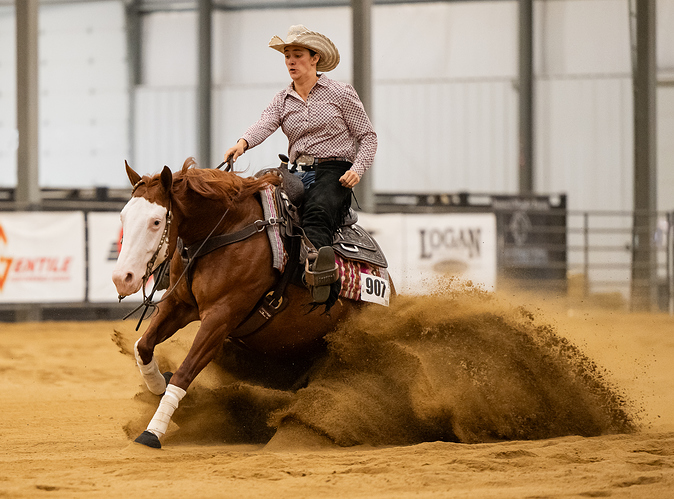Hello fellow Cother’s, call it an early mid life crisis but after riding a few western horses and after a few injuries over my life I decided to make the switch from Hunters.
Tell me, anyone with a strong English background, what tips helped you make the transition to relax your hip/seat rather than hold through your core?
I ended up buying a finishing older Reiner to teach me, boy, does he ever have responsive buttons that I’ll likely never find!
The English type cue for ‘canter’ clearly mean go crazy round and launch 
Of course, I’m fortunate to be able to take lessons from a fellow English convert now pro barrel rider but lord, I feel like I cannot ride 
Hero to zero is a horse swap haha
To all my fellow western riders, dang, your horses are very well trained! The tuned in, tapped in feeling is something I have never experienced in my years as a hunter.
TYIA


 That’s all I’ll say about that, in the interest of being diplomatic. Lol.
That’s all I’ll say about that, in the interest of being diplomatic. Lol.